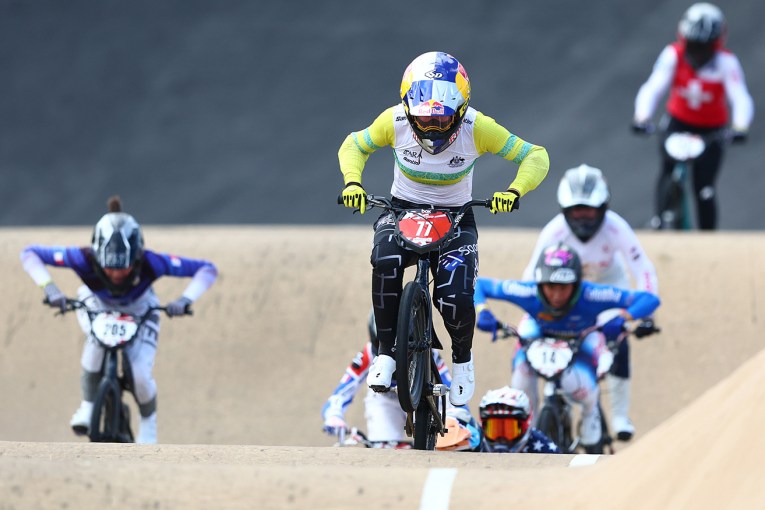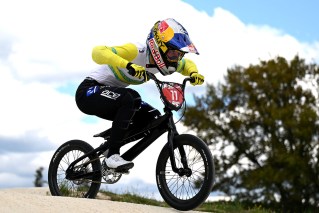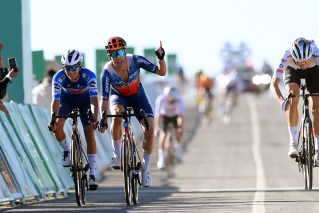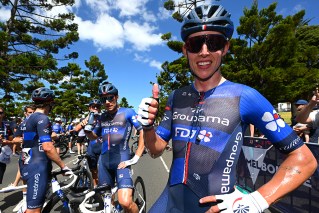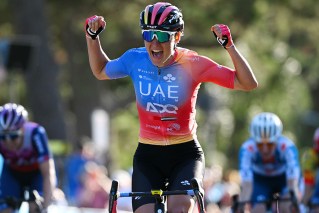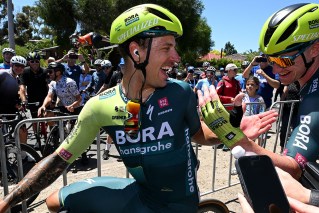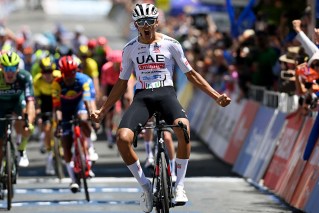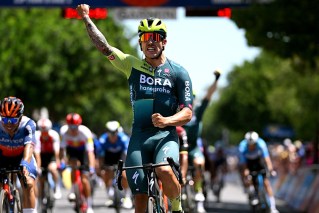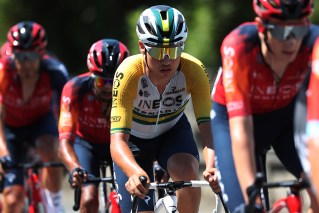No doping at Le Tour but cycling still on parole
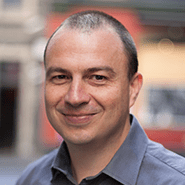
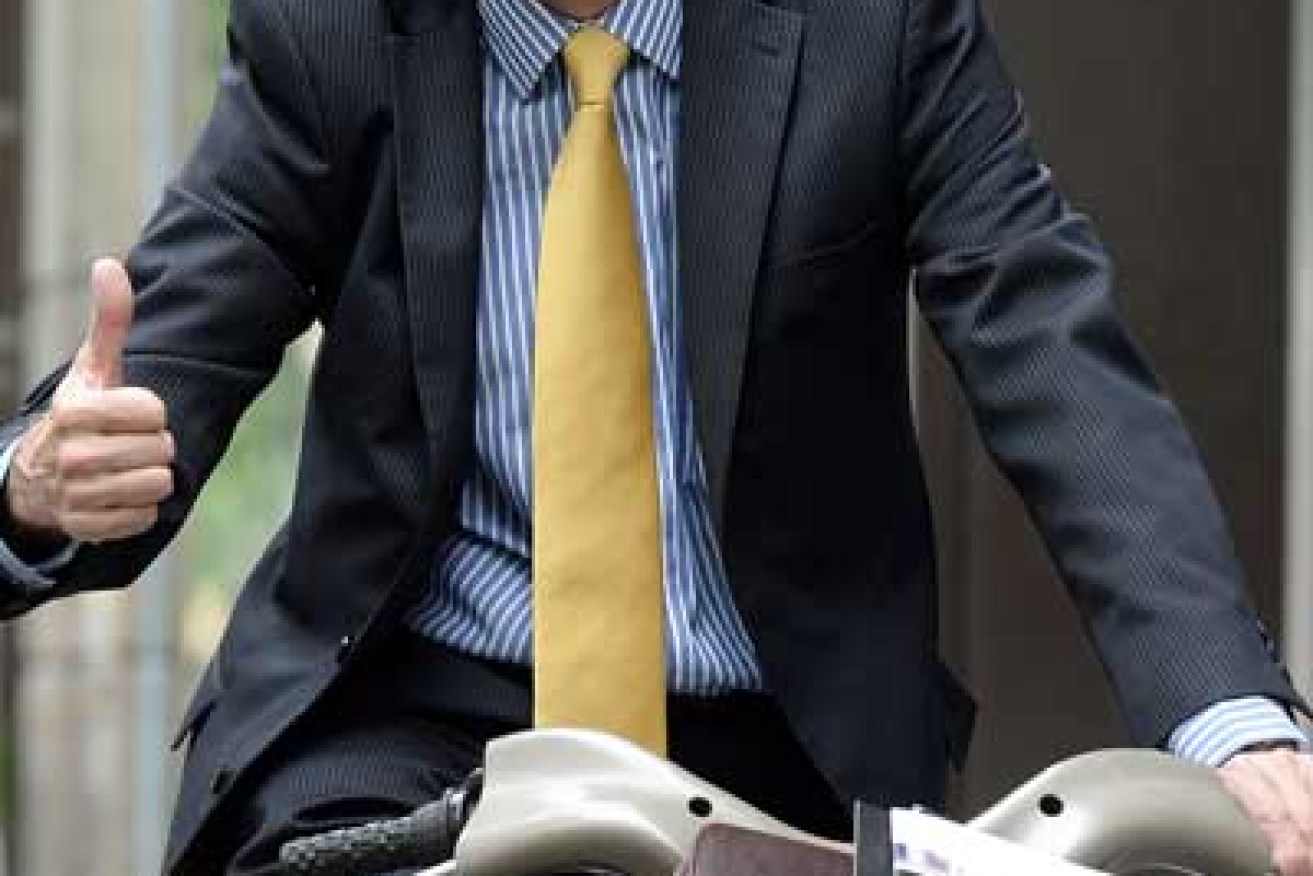
Getty
Four lines in an AFP report – that’s all the news that the Tour de France had logged its second successive year without a positive drug test warranted in most of today’s media.
Cycling’s governing body could have been excused for grabbing a few riders and heading up the western side of Col du Tourmalet for a press op.
They could have paid for a couple of those doe-eyed young things who stand either side of the yellow-jersey wearer to trumpet the news.

Brian Cookson: “Thanks to a sharing of information, the effectiveness of the testing distribution and therefore the overall anti-doping programme is improved.” Photo: Getty
UCI president Brian Cookson could have read from a prepared statement, then dispatched probing questions from scribes like David Walsh and Paul Kimmage to the fence with the straightest of bats.
But their circumspection was warranted.
• Sport, drugs and gangsters: why we need WADA
• Drugs and money: sport’s boils to Lance
Cycling, a sport with skeletons like Jean Mallejac, Tommy Simpson (literally) and Michel Pollentier in its closet, and spectres like Festina, Pantani and Armstrong still haunting it, was wise to proceed with caution.
The sport has been burnt too many times.
Froome, Wiggins and Nibali may be paying for the sins of their forebears, but cycling is on parole – it needs to behave itself.
The Cycling Anti-Doping Foundation collected 719 blood and urine samples during this year’s Tour, stating that no adverse analytical findings were recorded.
The key line, and the reason for the UCI’s caution, came when it was revealed that 320 of the samples had been taken for the purpose of the Biological Passport, an individual record for professionals in which biomarkers can be tracked over time.
Rather than test for specific banned substances, the passport traces the manipulation of blood that could suggest doping had occurred.
As one high profile US Postal rider once showed, a lack of positive tests does not mean a lack of doping.
Chris Froome’s dominant win in 2013 was treated with some suspicion, but Vincenzo Nibali had an easier time in the press tent en route to winning this year’s race.
Another encouraging sign was that the average performance of leading riders has fallen by 5-10 per cent, with the speeds of Tour winners from 2010-12 barely scraping into the top 10 in the Festina/Armstrong era.
Listening to Nibali speak during this year’s Tour, he echoed sentiments expressed by Froome and 2012 winner Bradley Wiggins – that the sport needed to move on.
“What happened in the past must be left in the past,” Nibali said.
But just as someone who has committed a crime can be released from prison, the guilt doesn’t lift when you walk free.
Froome, Wiggins and Nibali may be paying for the sins of their forebears, but cycling is on parole – it needs to behave itself, because one more scandal and it’ll be in the clink of public opinion for good.
For now, the stink is lifting and we should enjoy the gentle breeze.
